The government has announced the formation of a five-member inquiry commission tasked with investigating cases of enforced disappearances carried out by various intelligence and law enforcement agencies from January 1, 2010, to August 5, 2024.
Led by Justice Moyeenul Islam Chowdhury, a retired High Court judge, the commission will delve into the circumstances surrounding these disappearances. This decision was formalized through a gazette notification from the Cabinet Division.
According to the notification, the commission was established under section 3 of the Commissions of Inquiry Act, 1956. It will examine incidents involving forced disappearances by agencies including Bangladesh Police, the Rapid Action Battalion, Border Guard Bangladesh, the Criminal Investigation Department, the Special Branch, Ansar Battalion, National Security Intelligence, military forces, and the Directorate General of Forces Intelligence (DGFI).
The commission is required to complete its investigation within 45 working days and report its findings to the government. The report will detail the incidents of enforced disappearances and offer recommendations. Families of victims will be notified if the commission identifies any forcibly disappeared individuals.
Additionally, the commission will review information from previous investigations conducted by other agencies or organizations related to these cases.
The commission includes Justice Md Farid Ahmed Shibli, a former High Court judge, as well as rights activists Nur Khan and Sazzad Hossain, and Nabila Idris, a teacher at BRAC University.
This move follows a decision by the interim government`s advisory council on August 22 to address the enforced disappearances that occurred during the Awami League`s administration. Stories from victims who were confined in secret detention centers, often referred to as "Aynaghar," have emerged following the end of Sheikh Hasina`s 16-year regime. These accounts describe chillingly similar experiences of isolation and harsh conditions in facilities known for their impenetrable secrecy.
The DGFI, which operates under the defense ministry and reports directly to the Prime Minister and the Prime Minister’s security adviser, has been linked to many of these facilities. On August 6, a six-member team, including rights activists and a UN representative, requested access to these detention centers. They were permitted to visit the DGFI headquarters on August 7. Following this visit, rights activist Shireen Huq reported that the DGFI claimed there were no detainees at their Dhaka facility and suggested forming a joint commission to visit 23 other locations across the country.
There is increasing demand from victim families, rights activists, and various groups to halt the use of such Aynaghar-style confinement facilities. Rights organization Odhikar reports that at least 708 individuals were victims of enforced disappearance between 2009 and June 2024. In December 2021, the US imposed sanctions on the Rapid Action Battalion (RAB) and seven of its senior officers for serious human rights violations, including over 600 enforced disappearances since 2009 and nearly 600 extrajudicial killings since 2018.


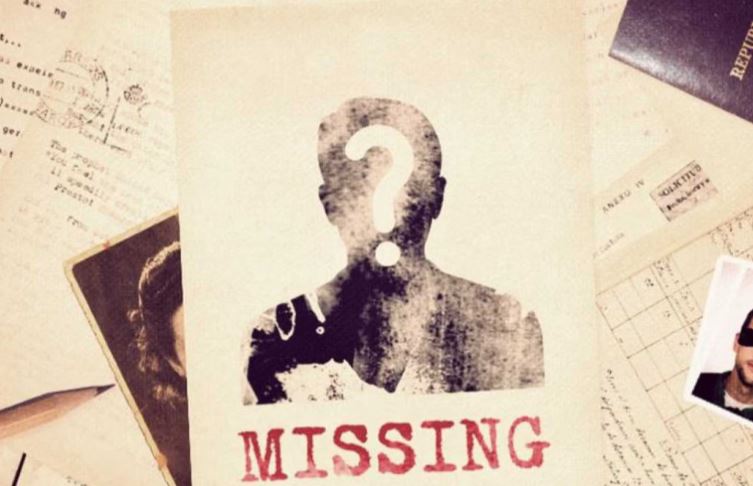

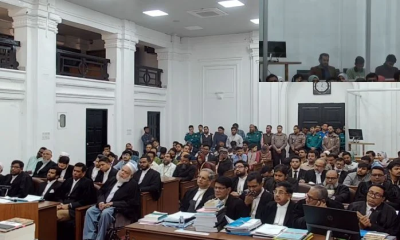
-20260121062240.jpg)
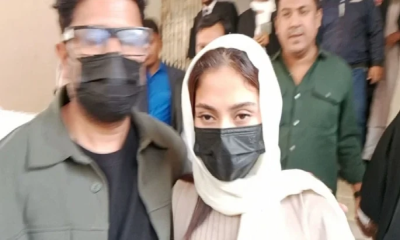
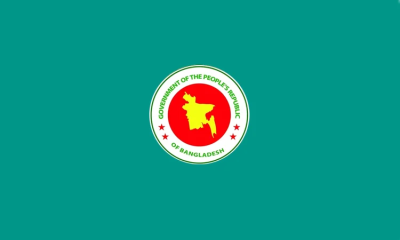
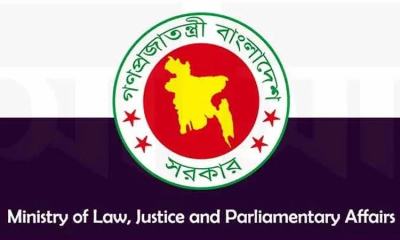





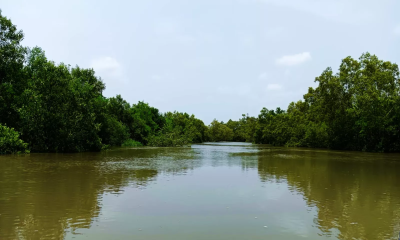

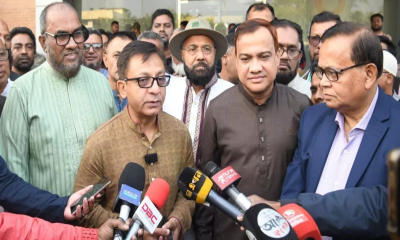
-20260220065859.jpeg)
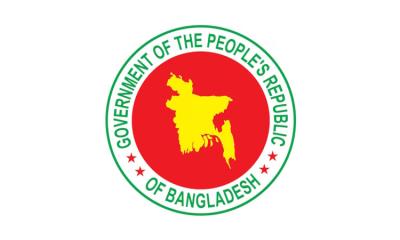
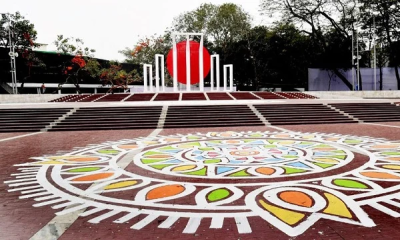
-20260219110716.webp)

-20260219054530.webp)















